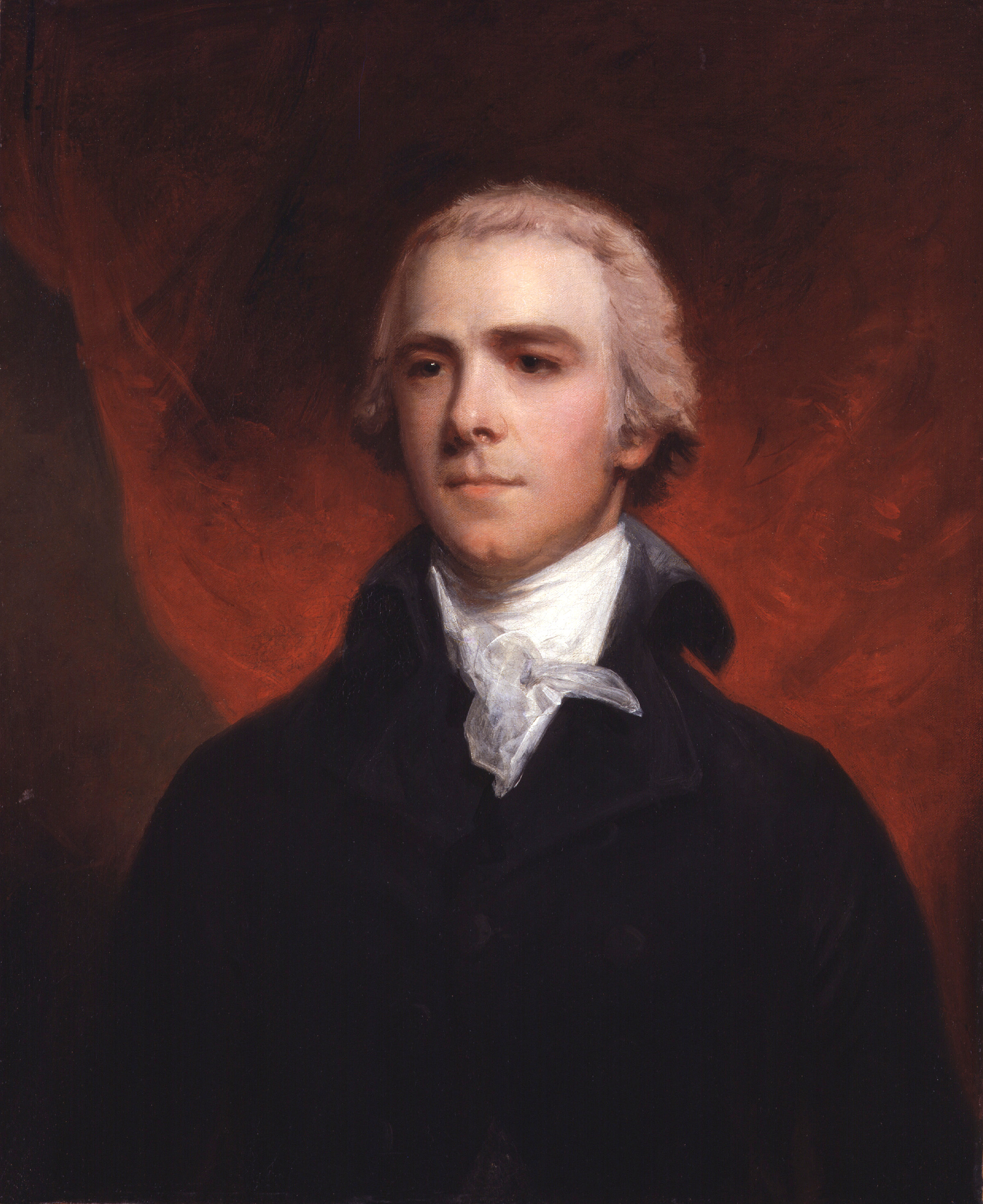1784 Election

1784 Election |
 |
| Back |
The following is a list of freeholders of Hanslope who voted in the election which took place in April/May 1784. For further information on the election see below.
| ||||||||||||||||||||||||||||||||||||||||||||||||||||||||||||||||||||||||||||||||||||||||||||||||||||||||||||||||||||||||||||||||||||||||||||||||||||||||||||||||||||||||||||||||||||||||||||||||||||||||||||||||||||||||||||||||||||||||||||||||||||||||||||||||||||||||||||||||||||||||||||||||||||||||||||||||||||||||||||||||||||||||||||||||
| Source: Publication identified below. The columns "What Freeholds consist of." and "Occupiers." were taken from a second publication which was undated but had the appearance of being contemporary with the election. Copies of both publications are in the Buckinghamshire Record Office in Aylesbury. |
The last three columns indicate the candidate(s) for whom each elector voted.
The following is taken from the cover page of the record of the election results.
| |||||||||||||||||||||||||||||||||||||||||||||||||||||||||
The following summary is taken from the above record of the election.
| |||||||||||||||||||||||||||||||||||||||||||||||||||||||||||||||||||||||||||||||||||||||||||||||||||||||||||||||||||||||||
This was the election that consolidated the position of William Pitt the younger as prime minister at the age of 24. The background was the recent loss of the American colonies, formalised in peace treaties first with the Thirteen Colonies, then with France, with Spain, and with Holland. Following the negotiation of these treaties by an administration of all parties, a coalition of factions under Fox and North gained control of the Commons in February 1783.
In his History of the English Speaking Peoples, Churchill summarises the circumstances of the election as follows.
"The elections which carried Pitt into power were the most carefully planned of the century. There has been a legend that a great wave of popular reaction against the personal government of George III brought him into office. In fact it was George himself who turned to Pitt, and the whole electoral machinery built up by the King's agents, headed by the backstairs figure of John Robinson, the Secretary of the Treasury, was put at the disposal of the young politician. In December 1783 Robinson and Pitt met to discuss their plan at a house in Leicester Square belonging to one of Pitt's close associates, Henry Dundas. Robinson drew up a detailed report on the constituencies, and convinced Pitt that a majority in the Commons could be obtained. Three days later Fox and North were dismissed by the King, and the ensuing elections created a majority which William Pitt preserved into the next century. The plan had been justified, and the nation at large accepted the result as the true verdict of the country.
"This majority rested on a number of elements - Pitt's personal following; the "Party of the Crown", put at his disposal by George III; the independent country gentlemen; the East India interest, alienated by Fox's attempt to curb their political power; and the Scottish Members, marshalled by Dundas. The Tories supported him because he appeared to be rescuing the King from an unscrupulous Government. The Whigs remembered that he had refused office under North, and that he had advocated a reform of the Parliamentary system. The "old gang", with whom he had no connections, had failed, disgraced the nation, and wrecked its finances. With all the renown of his father's name behind him, this grave, precocious young man, eloquent, incorruptible, and hard -working, stood upon the uplands of power."
The candidates in Buckinghamshire
In order of votes received:
| The Right Honble. William Wyndham Grenville | |
 (photograph from Wikipedia) |
He was to son of the Whig prime Minister George Grenville. His elder brother was 1st Marquess of Buckingham. He entered the Commons in 1782 and became a close ally of his cousin, William Pitt the younger.
He served as Paymaster of the Forces from 1784 to 1789. In 1790 he was raised to the peerage as Baron Grenville, becoming Leader of the House of Lords, and holding office as Home Secretary and then Foreign Secretary. He later became close to the Whig leader, Charles James Fox, and after the death of Pitt, served as leader of a "Ministry of all the Talents", 1806/7. The most significant achievement of this ministry was the abolition of the slave trade in 1807. He then joined the Whigs in opposition to the administration of Lord Liverpool, never achieving high office again. |
John Aubrey, Esquire |
He had been in parliament since 1768, initially as representative for Wallingford, and then for Aylesbury. In 1786 he succeeded to his father's baronetcy as the 6th Baronet of Llantrithyd. He went on to sit for various other constituencies until his death in 1826. From 1783 to 1789 he served as Lord of the Treasury. He died at Dorton House, Buckinghamshire. |
| The Right Honble. Ralph Earl Verney, of the Kingdom of Ireland | |
| As an Irish peer, he was not entitled to a seat in the House of Lords. He sat in the Commons from 1753, first for Wendover and then Carmarthen, then Buckinghamshire, loosing his seat in this election. He re-entered the Commons in 1790 representing Buckinghamshire. He was a supporter of the Whig party.
His family home was Claydon House. |
|
| Back | Home Page |